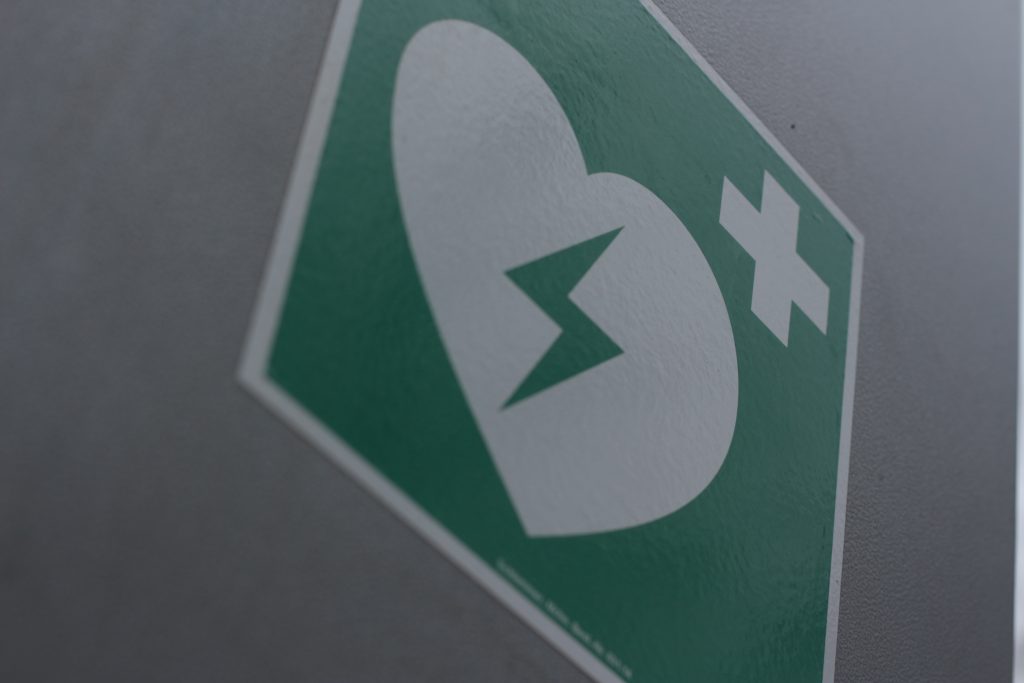At KBC Rijeka, for the first time in Croatia, a subcutaneous ICD – a device for delivering electric shocks in case of cardiac arrest – was implanted in a child patient, KBC Rijeka reported at a press conference on Thursday, writes 24Sata.
Sandro Brusich, an interventional cardiologist at the Clinic for Heart and Blood Vessel Diseases, stated that classic cardioverter-defibrillators are introduced through blood vessels to the heart, where they are fixed. However, such electrodes in the form of wire in young and active people can break and lose their function over time, so an operative replacement is required, a very risky procedure. With the new technology, the electrode is placed on the chest under the skin, and the device itself is placed under the armpit, he said.
This procedure is somewhat more complex than the previous one, but it can become routine, said Brusich.
He added that this method was used for the first time in Croatia last year and has since been used on several people, and in Rijeka, it was used on a child for the first time.
Ovuka: It is important to educate yourself about the basics of resuscitation techniques
Aleksandar Ovuka, an interventional cardiologist at the Pediatric Clinic, said that sudden cardiac deaths due to cardiac arrhythmias are most dangerous in children up to the age of two and then in adolescents. Sixty percent of children with fatal arrhythmia never had previous signs such as fainting or chest pain, which would indicate the need for intervention, he said.
Ovuka and another interventional cardiologist at the Pediatric Clinic, Neven Čače, particularly emphasized the importance of resuscitating a person who has suffered a cardiac arrest as quickly as possible. It is good to educate yourself about the basics of resuscitation techniques in order to act until the emergency medical services arrive, but any resuscitation is better than none, Čače emphasized.
“If a cardiac arrest occurs, it is necessary to call emergency medical aid and immediately start resuscitation, primarily by heart massage, because the interruption of circulation in the brain for longer than three to five minutes leads to irreversible brain damage.”
This method of implanting a subcutaneous device is still rarely used in Croatia, and the reason is the high price of this technology. A classic transvenous cardioverter-defibrillator costs around 4,500 euros, and a subcutaneous one costs 30,000 euros, it was pointed out.
The father of the young patient also spoke at the press conference, emphasizing the extraordinary knowledge and commitment of the doctors and nurses in saving the child’s life. He kept his composure and, at the crucial moment, began to resuscitate his son, who had a cardiac arrest at home.
For more, make sure to check out our dedicated News section.









